What is it about screens that is just so appealing?
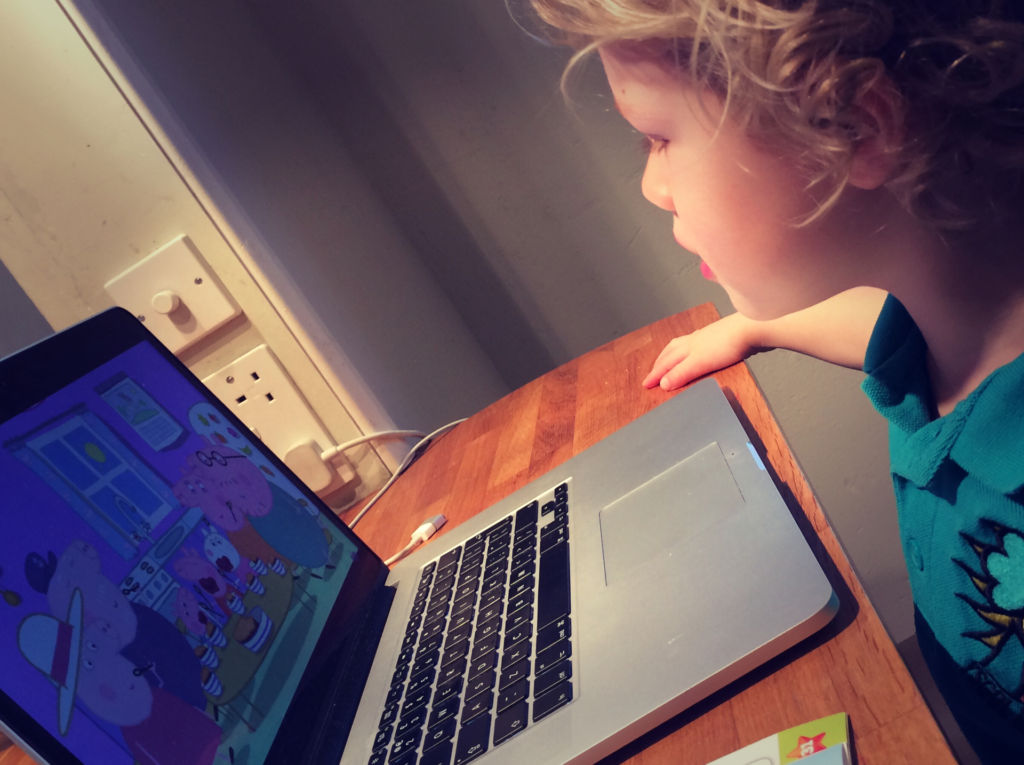
Studies show that people are online for an average of 24 hours a week. One study suggests that adults spend an average of 12 hours a week watching on-demand TV, which equates to 26 whole days a year, and that doesn’t even include social media/internet time.
I wonder how that makes you feel? 26 days of your life a year you’re never getting back or 26 days of your life well spent?
I spent a number of months thinking about screens when writing my dissertation for my play therapy masters in 2014. You may decide you know this already, but I concluded that screens are incredibly influential. That doesn’t mean that they’re bad, but I think it does mean that we need to be aware
When I became a mummy I thought carefully about the use of screens around Poppi. I have always stood by the rule ‘no screens at the dinner table’ and sometimes need to catch myself to maintain this nowadays. Screens are at our fingertips all the time (even now as I write and you read, we’re on screens). Children learn through experience and through copying. Neuroscientist, Louis Cozolino (2006), argues that because there is so much neural growth and organisation during the first years of life early experiences are very influential on long term development and wellbeing. The pathways in our brains are formed by repetition of experiences. A baby looks at faces to learn emotions and listens to our voices to learn sounds and then words. As the baby develops into a young child they start to use play to make sense of the situations around them. So, what are the situations around them? Are children watching influential television or playing electronic games with inappropriate content that they are unable to understand? If you have children, why not take a minute to observe the themes of their play. When Poppi comes across a new experience it will feature in her play for a while, which shows her healthy process and making sense of the experience. For example, earlier in the winter she had to go into hospital with a chest infection. She was kept in overnight and had to have regular temperature and oxygen checks. She wore an oxygen mask and had a series of inhaler puffs to take. On our return from hospital Poppi played, for days, with her doll, Amy. Amy had a chest infection so Poppi would listen to her heart with the stethoscope and give her medicine. Of course, Amy had to stay in overnight too.
A recent television (!) show Babies, Their Wonderful World also took time to look at the effects of screen time on developing babies. Although the sample size was small it appeared that young children that use a smartphone or iPad develop their fine motor skills (small movements) quicker than those that don’t. There was very little difference in their gross motor skills (large movements). A different, but interesting thought about the positive use of screens.
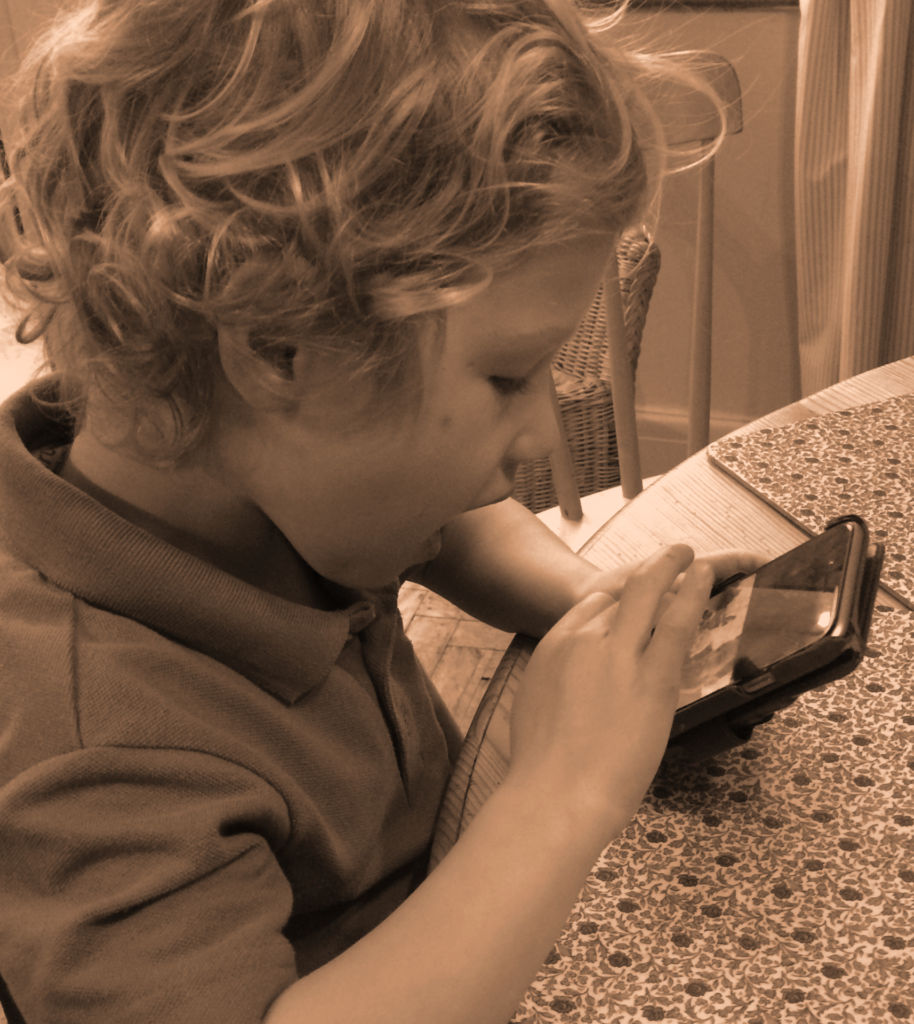
In my opinion, the most pressing issues around screen time is quantity and content. We all need down time and for some of us television or electronic games is just that. I love a good episode of The Bake Off to inspire me to up my cooking game and I also totally enjoy the easy watch of something like Modern Family or Parks and Recreation. In our family, Poppi earns herself Peppa Pig episodes. If she does good listening, is kind, or helpful she gains more. If she is the opposite, she loses some. Every day starts with two in the bag so there is flexibility to go up or down (I have to add here that Daf makes her watch them in French so they are still educational!!). Naturally, we often have the fuss when it’s time to turn them off, but that just reiterates to me the scary addictive nature of the screen. Why is the screen so appealing? Do comment below and let me know your thoughts.
Screen time can be beneficial, but it can also be destructive. May I challenge you to review your ‘screen time’ and weigh out the beneficial elements vs the destructive elements. What percentage of yours or your child’s screen time enhances your life and what percentage robs you of life? More and more I have made a conscious decision to become less of a consumer of other people’s lives and more of a creator of my own. But that is another blog.
Cozolino, L., (2006). The Neuroscience of Human Relationships. 1 edn. New York: W.W. Norton & Company.
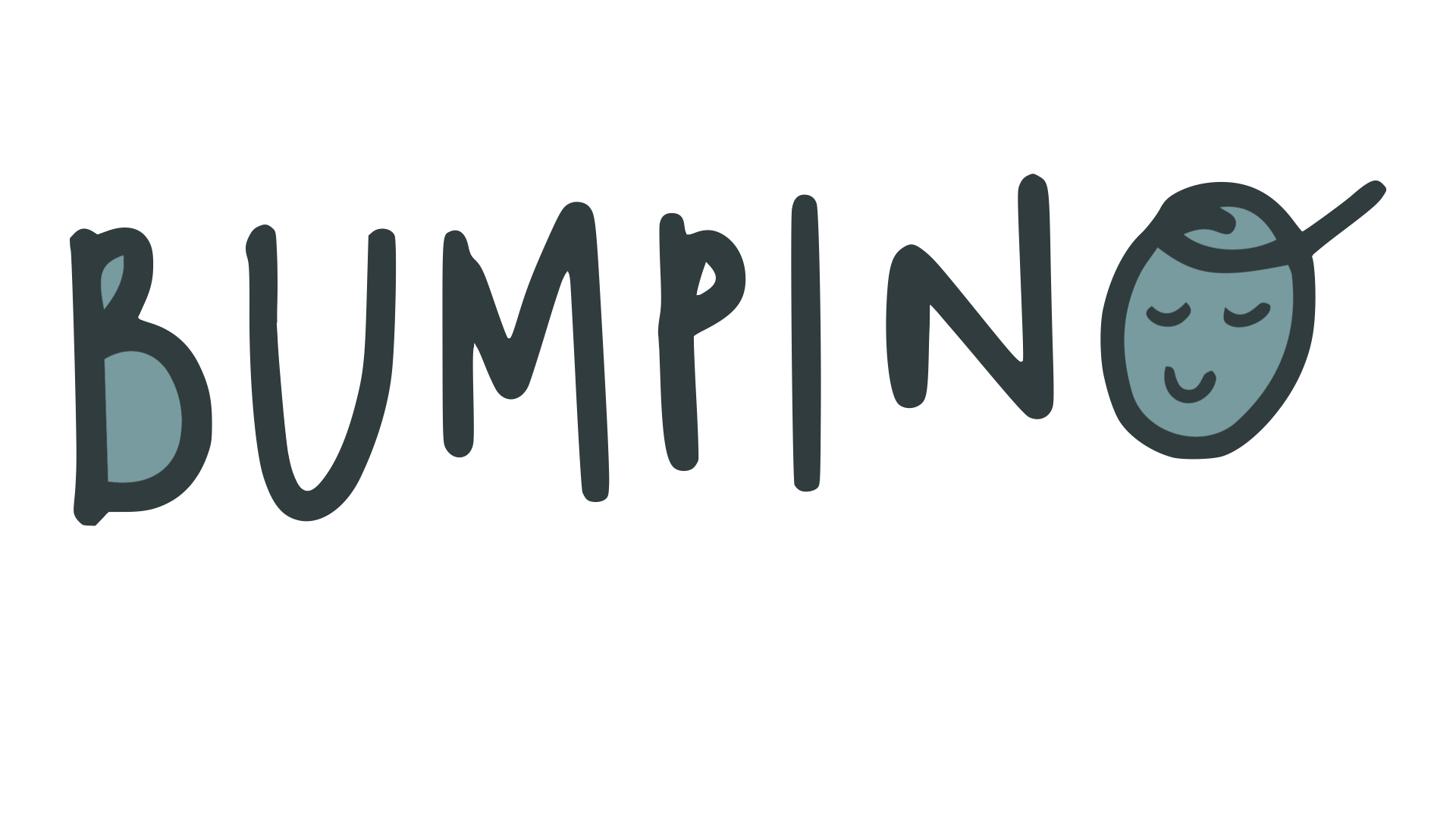
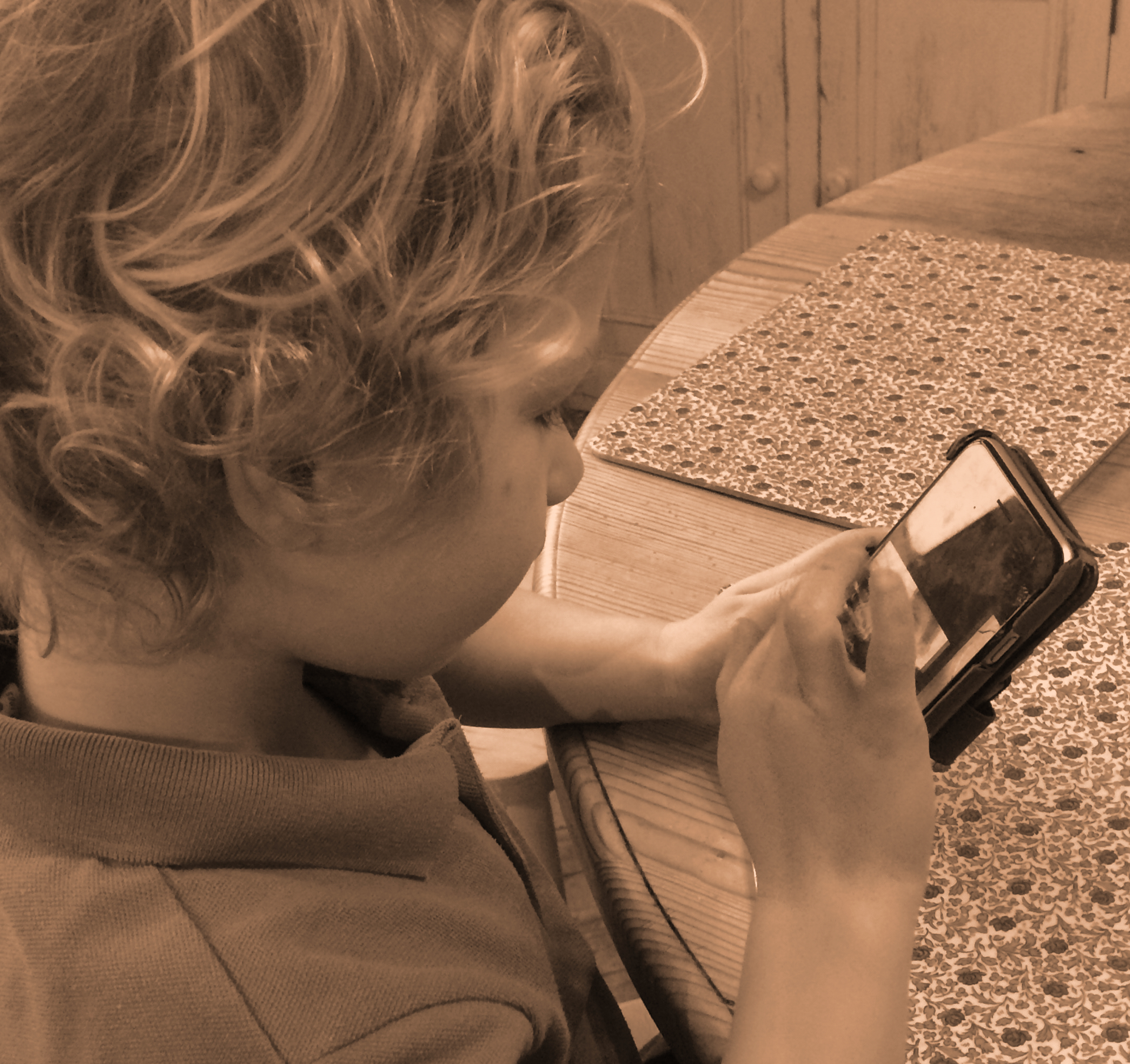
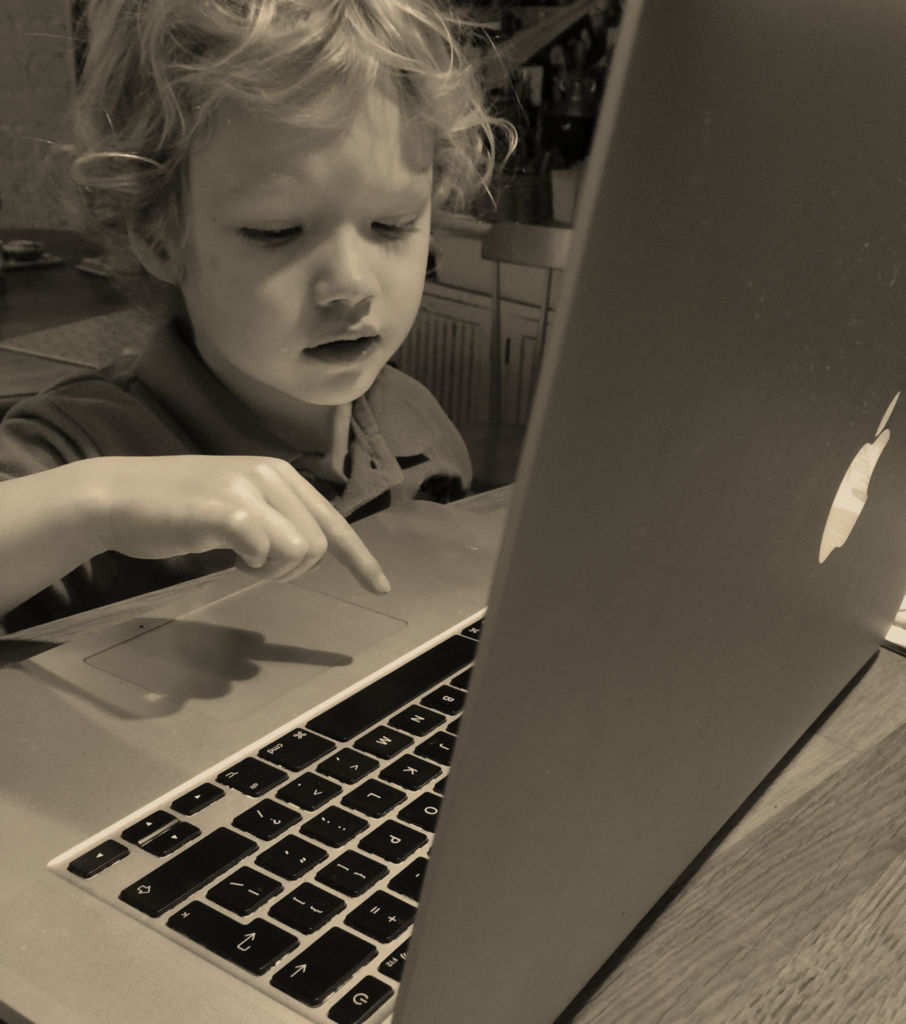
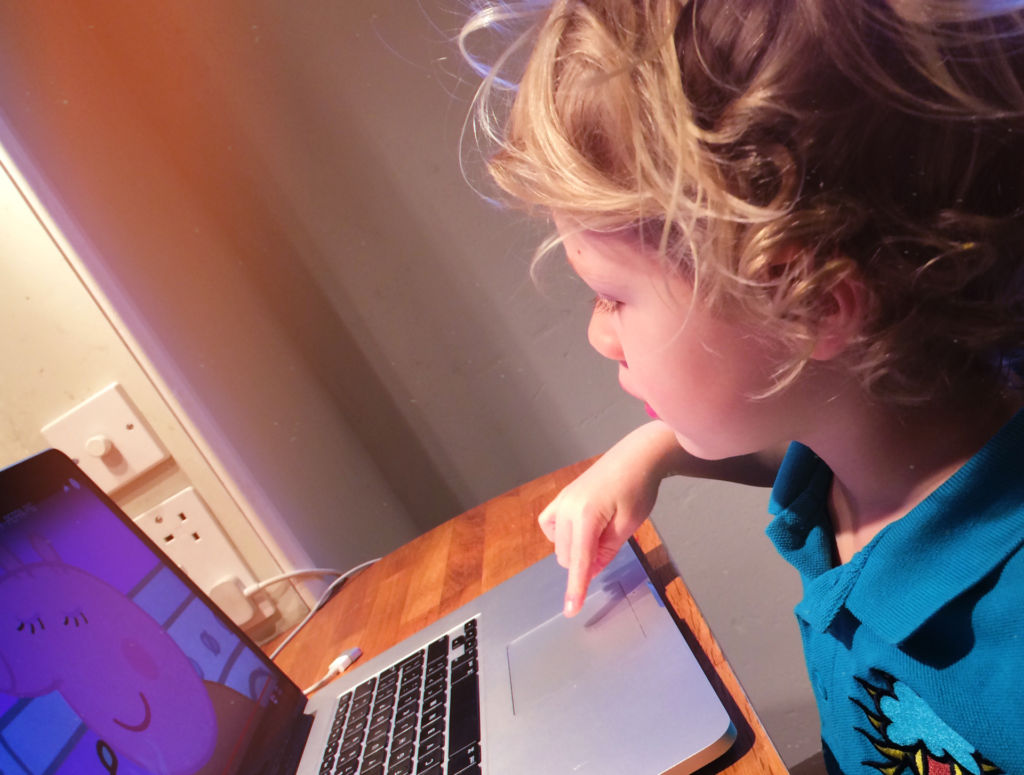
3 thoughts on “The influential screen”
I agree, screens aren’t always bad. I think it’s like a lot of things in life, it is good in moderation!
Did my last comment go through?? I just wanted to make sure 🙂
Very interesting post! I actually work in influencer marketing so I see firsthand how much time online can impact everything from brand awareness to sales… and on the opposite of that spectrum it can sometimes have a negative impact too (this notion of FOMO, and jealousy that accompanies scrolling through social media and catching only happy glimpses into someone’s life).
Anyway, you’re right. So many movies have changed me and they are great conversation starters. I like the no screen time at dinner rule ?
Comments are closed.